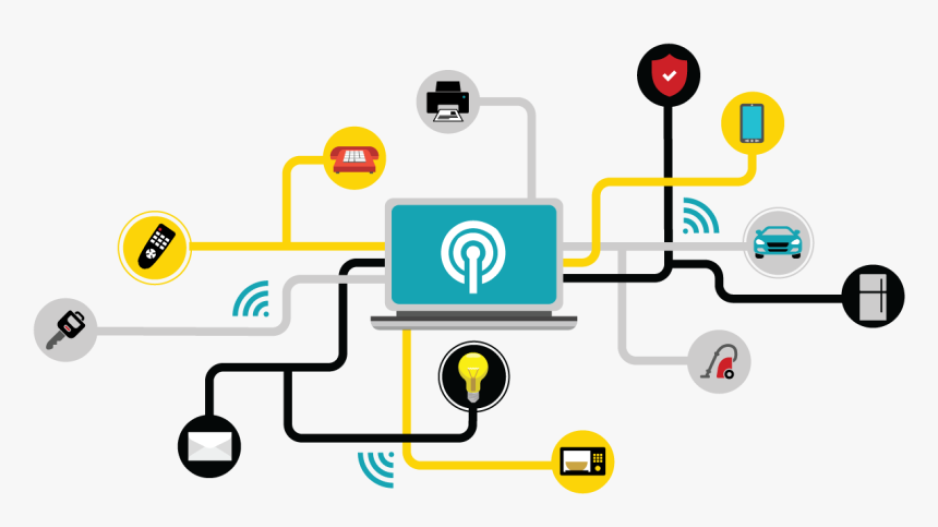Significant Growth in Internet-Connected Device Use in Cyprus, Surpassing EU Average
Malta Led the Pack, Bulgaria and Croatia Lagged Behind
According to data from Eurostat, the European Union's statistical agency, the use of internet-connected devices has seen a dramatic increase in Cyprus from 2020 to 2022. The surge was notably higher than the overall growth rate across the European Union.
Specifically, in 2022, 65.7% of individuals between the ages of 16 and 74 in Cyprus used internet-connected TVs, a significant rise from the 48.1% reported in 2020. By comparison, the European Union saw a growth from 43% in 2020 to 51.9% in 2022.
The adoption of wearable technology also gained momentum in Cyprus. Approximately 23.5% of the Cypriot population now use devices like smartwatches, fitness bands, and connected glasses or headsets, marking a substantial increase from just 8.6% in 2020. Across the EU, 25.8% of people used such devices in 2022, up from 17.1% in 2020.
Internet-connected gaming consoles were used by 11.3% of people in Cyprus in 2022, compared to 20.1% in the EU. Virtual assistants via smart speakers or apps were used by 5.4% of the same age group in Cyprus and 13.4% in the EU.
Around 7% of Cypriots employed internet-connected devices for energy management such as smart thermostats, compared to 10.1% in the EU.

Among EU member states, Malta led the pack with 78% of its population using internet-connected TVs, followed by Spain at 69% and both Sweden and Ireland at 68%. In contrast, countries like Bulgaria (30%), Croatia (35%), Greece (39%), and Romania (40%) lagged behind.
Despite the general uptick in usage, a significant portion of EU residents indicated that they have not adopted such technology. In Cyprus, 44% cited 'no need' as the primary reason, down from 53% in 2020. Cost was a deterrent for 20% of Cypriots, down from 37% in 2020. Privacy concerns accounted for 12%, down from 20% in 2020.
Overall, in the EU, 41% of individuals aged 16-74 who have never used internet-connected devices cited a 'lack of need' as the main reason, followed by the cost (10%), and privacy concerns (8%).






